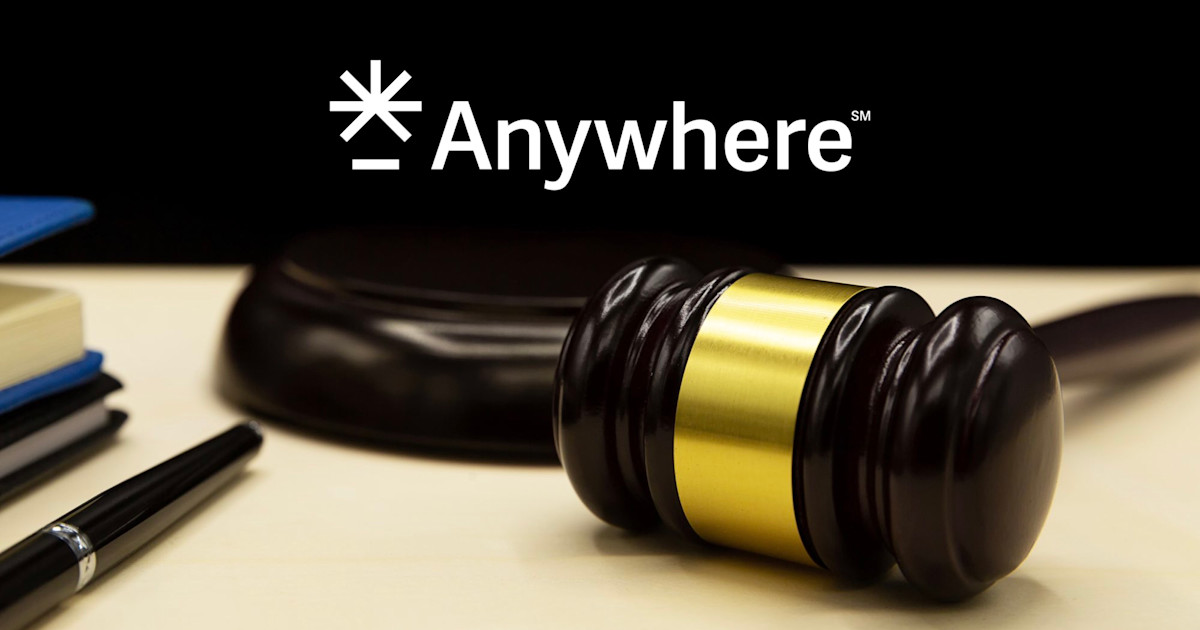P
resident Trump's executive order on August 7 directs the U.S. Department of Labor to revisit guidance on including alternative investments in retirement plans like 401(k)s and 403(b)s. The order aims to clarify how plan fiduciaries can legally include assets such as private equity, real estate, and cryptocurrency, and what steps they must take to comply with regulations. This move signals strong White House support for allowing riskier investment options in Americans' retirement plans.
The change could unlock new opportunities for retirement savers by diversifying their portfolios and potentially improving long-term growth. For example, private equity investments have been estimated to generate annual returns around 9%, outperforming typical public-market funds. Access to traditionally exclusive investments may also expand, with platforms like Empower preparing to offer them through target-date funds in retirement plans.
However, everyday investors should proceed cautiously and do thorough due diligence before investing in alternative assets. These investments often come with higher costs and lower returns compared to traditional options. Private equity firms, for instance, charge management fees around 2.5% annually, plus 20% of profits above a certain threshold. Additionally, these assets are less liquid and harder to value, making them riskier and less transparent for inexperienced investors.















